|
Govindaraju NS General Manager- Human Resources Kern-Liebers (India) Pvt. Ltd, Antharasanahalli, Tumkur Industrial Relations is a very important vertical in the Human Resource function. It comes with high-risk, challenges and is highly sensitive. Any wrong step or ineffective management can bring serious troubles for the organisation and for the people who depend on the industry. The company leadership has to be very careful and take considered steps and should deploy highly competent professionals who work towards achieving and maintaining better industrial relations. We have discussed certain basics in Part I. The awareness and clear understanding of these basics will compliment and support in the process of achieving better industrial relations. The basics are like foundation for any structure on which the strength and durability depends. Now let us discuss certain practices, strategies and techniques which can lead to achievement of better industrial relations and harmony in the industry.I have adopted all of these practices, techniques, strategies and approach in my experience and they have yielded the desired results. 1. Follow certain basic principles. The company policies and attitude towards workers and union plays an important role in shaping the industrial relations and hence practicing accepted ethics and fair actions will definitely work towards development of better industrial relations. These actions and adherence from both the parties will create long standing trust and relations and the industry sustains and creates value for both the parties. Many times, unfair action of one party has caused serious imbalance and disputes in the organisations affecting management as well as workmen. Important is that both parties have to follow certain ethics and accepted basic principles, only then a mutual trust can be built. Certain basic principles which needs to be followed by the management are as below… Many times, we also encounter unfair practices and cut throat approach by the union and workmen.However, constant discussion, explanation and sticking to the principles can be our friend and gets appreciated by the parties involved. Education and Training plays a very important role in moulding the union and workmen and restricts the situation from going beyond the accepted borders. 2. Strike a balance between expectations and interests. The expectations, needs and demands of both the parties travel in opposite direction. It is an art to strike a balance between these expectations. Industry growth and harmony depends on how well one is able to achieve the balance between these interests. The top management is also required to understand these dynamics and empower the HR Leader and support in those lines. The success of HR Leader in an unionized environment largely depends on this etiquette. Achieving this is a challenge and sustaining is even more difficult. 3. Innovate solutions and leverage legally available solutions. Many issues and grievances will arise in the industry related to workmen. Challenges and issues are created by both workmen and management depending on the demand or expectation of each party. How well and effectively these are balanced, managed and sorted out will decide the industrial harmony, trust and relation with the union. Poor and ineffective management of the issues will create hell lot of issues to the HR leader and the industry.
4. Detailed and carefully drafted Settlements with union and workmen. Settlement is an important document and a powerful tool. It can serve as a guide to all our problems and solutions if it is drafted carefully and in detail. Prudently, cautiously and wisely drafted document can be of help to solve many problems whereas a settlement drafted carelessly can invite problems. Few tips for better settlement.
Some of the points normally may get missed in the settlement.
5. Education and Training interventions for workmen and union. When there is a lack of maturity among union and workmen, it is a challenge to the Management Leadership and to the company to align them to our terms and to make them understand the reality and the need for cooperation. Continuous education, teaching reality and life in a carefully planned intervention can improve the response and mind-set of the workman and in turn lead to better co-operation and partner the industry growth. It is the responsibility of the company to mend them as the survival of the company depends on workers’ performance and their cooperation with positive approach. We may not expect the direct results but definitely the indirect results can be achieved and I am sure the sociologists and behavioural scientists agree with this approach. In my experience, I have tried and it helped in bringing them very close to acceptable terms and reality. We need to be very careful in designing these interventions. Any wrong step can be looked into very negatively by the workmen and these interventions have to be step by step. All cannot be injected together. It has to be slow and steady and based on understanding the pulse of the workmen. Feedback and revieware important at each stage to make any modifications in the plan. Suggested topics to try out the interventions are - positive attitude & leadership, leading a better life, what and how to compare?, family and relationship management, how difficult is it to run the business?, work life balance, working together etc. These interventions should never to be focused against the union and collective bargaining. It can boomerang if they are focused against the union ideology. A good trainer makes the difference. The trainer should be experienced and bring out plenty of examples in the intervention. The company leadership should guide the trainer in the proper execution of these interventions. 6. Communication – plan, disseminate, receive, process and act. Communication plays an important role in establishing and sustaining better industrial relations. It is not that each and everything has to be told to workmen. What needs to be told and what not should be clear and planned in such a way that the same is communicated and managed properly. Organization has to establish both formal and informal communication channels for easy flow of information. But the communication network and flow of information and content should be carefully designed and monitored. Any wrong communication can lead to issues and unrest and sometimes can increase the expectations in the minds of workmen. Workmen need to be updated with business pains, quality complaints, rejections, safety problems, need of getting international standards’ certification etc. HR Leader and his/her team have to have their own way of collecting information and using the same for the best of both parties. Carefully planted ‘communication towers’ in the organisation will be of great support to manage the communication effectively in the organisation. I have named the people who provide continuous information and take the information back to the crowd as ‘communication towers’. However, caution needs to be exercised by the HR & Management Leaders that not everything transmitted by the towers to be accepted and acted upon. You receive some genuine information and some junk. Also, it is not that every communication to be acted upon. The information received has to be intelligently processed and acted upon only if required. This is an important topic and there is so much to write on this and I have also experienced how a ‘no communication’ can alter the behaviour of union and workmen which have brought serious problems for the company. However, I have limited to this extent now considering the readers’ interest. 7. Build and Sustain Trust and Relationship. Trust and Relationship works in Industrial Relations too and very effectively. It can be internal as well as external. Building and sustaining trust and relationship with workmen and union is a difficult challenge. If you succeed then the field is yours! If Management and HR Leadership constantly work towards building relationship and trust, chances of succeeding are high. But the same has to be carefully executed with defined and planned actions. Which of our actions can lead to a better trust and relationship?
Take proper care and balance the following.
Building trust and relationship takes time and it can be achieved through taking long term and continuous steps and activities. Building trust and relationship is a very difficult task and sustaining is even more difficult. If for any reason the trust starts declining, workmen and company both have to go through difficult times. Education and Knowledge are very important. But if there is no common sense, then education and knowledge are less useful. Education and Knowledge are inputs to acquire common sense. If we know the proper use of common sense in our daily lives, any problem can be solved easily be it personal or official. Various issues gets created by the company as well as workmen for Leaders in the company. We need to know how to solve these problems using our common sense. 8. Management by common sense. Education and Knowledge are very important. But if there is no common sense, then education and knowledge are less useful. Education and Knowledge are inputs to acquire common sense. If we know the proper use of common sense in our daily lives, any problem can be solved easily be it personal or official. Various issues gets created by the company as well as workmen for Leaders in the company. We need to know how to solve these problems using our common sense. I have faced many difficult situations and issues in my work life and have found effective solutions using only my understanding of people and situations. There can be different meanings for common sense by different people based on their thinking and experience and they are all correct. According to me common sense is-‘our understanding of people and their behaviour. Using these understanding to our advantage and to solve problems. Altering the behaviour of others through planned counter actions. Our instant favourable response to any issue using these understanding and our experience’.
9. Participative Management We have to be aware of the important and basic needs of the union and workmen. Workmen and union expect that they have to be consulted, asked and also involved in every company activity and decisions. I do not say this is incorrect. I have seen in my experience that valuable contributions are made by workmen and union through their valuable suggestions for the development of the organisation. However organisation has to choose carefully which areas need to be consulted and involved and it is not possible that each and every area can be exposed to consultation and involvement. However, actively engaging and involving union and workmen in various activities of the organization can build better trust, unity, understanding and cooperation. Expectation of being heard, informed and involved is an important need and demand of the union. HR and Leadership have to manage and balance this by keeping them busy and involving them in the company programs and initiatives. Engaging them through participation in kaizen- continuous improvement programs, celebration of special events like safety day, environment day etc., participation in different committees like safety, canteen etc., active involvement in company sports, cultural meet and CSR initiatives can keep them busy and engaged and also earn trust and respect for the company and management leadership. There are many other things which can be done in the organisation to nurture and develop better industrial relations. I have not tried to address management rights, tactics, strategies, the role of legal counsel, specifics of collective bargaining and negotiation, the role of external union leader, role of government and many other factors as this can become as good as writing a book. I am also aware and experienced that few companies have gained success through cross road strategies. I do not say that these are incorrect considering the management view but then we only have to remind ourselves and ask ‘are we doing right things?. I have tried to summarise my experience in brief and willingly not gone into details of these things so that I can limit the article to as less pages as possible. Balancing the rights of both parties, respect for rights of the workmen, moderating the positive development of union and workmen through planned actions, professional and fair approach of management and union leadership can lead to better industrial relations and the company can achieve sustainable growth. However, many of us have experienced that immaturity, deliberate mistakes, vested interests and unprofessional approach/actions of the leadership both union and management, inexperienced and ineffective way of handling things in the organisation, decision based on ego and politics, lack of future thinking have ruined the industrial relations and have caused the decline and fall of the industry. Author’s Declaration I have written this article entirely based on my experience, thoughts and intelligence. I have not referred to any books or internet while preparing this article. The graphs and pictures are all my original thoughts. The pictures are sketched by my family members based on my ideas. Resemblance, if any, found in any books or internet publications can only be co-incidence. The legal provisions are taken from the relevant statutes.
0 Comments
Leave a Reply. |
Categories
All
Archives
May 2024
Human Resource Kannada Conference50,000 HR PROFESSIONALS ARE CONNECTED THROUGH OUR NIRATHANKA HR GROUPS.
YOU CAN ALSO JOIN AND PARTICIPATE IN OUR GROUP DISCUSSIONS. |
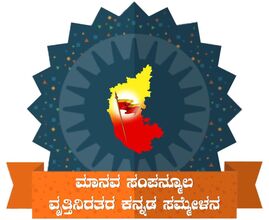

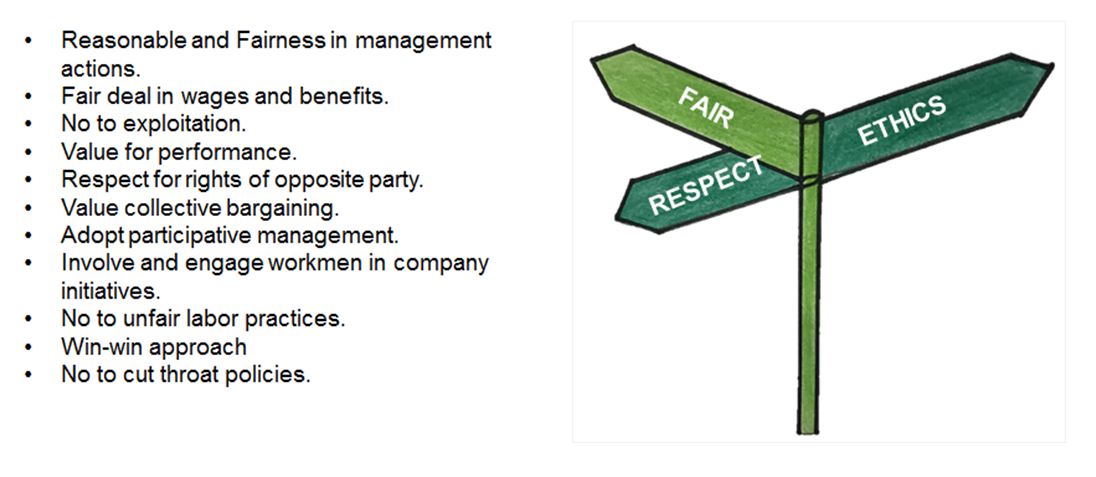
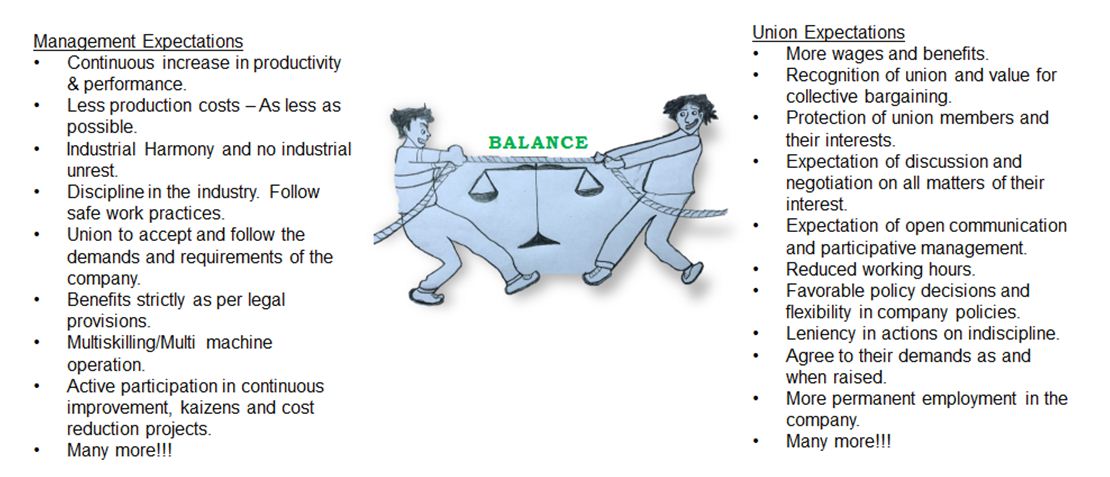
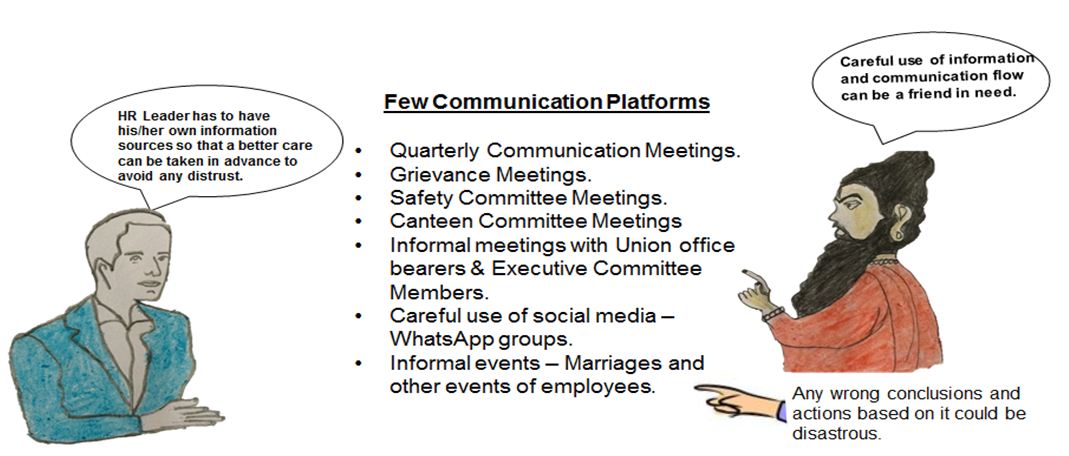
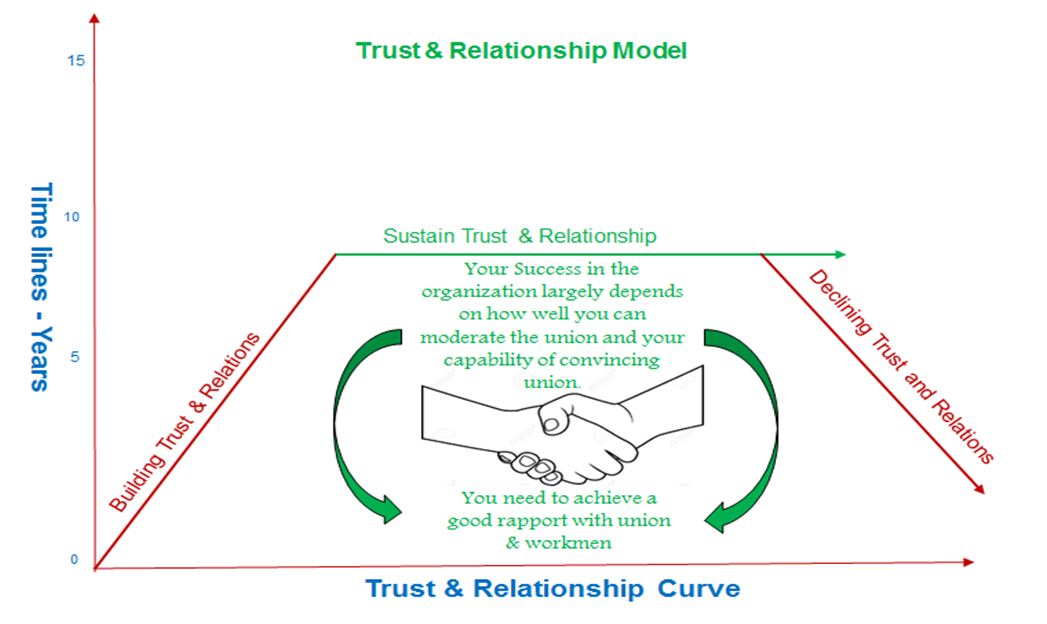
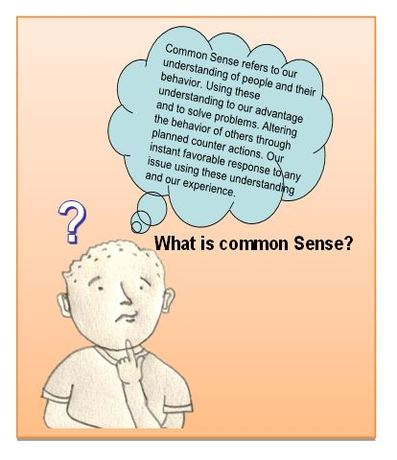
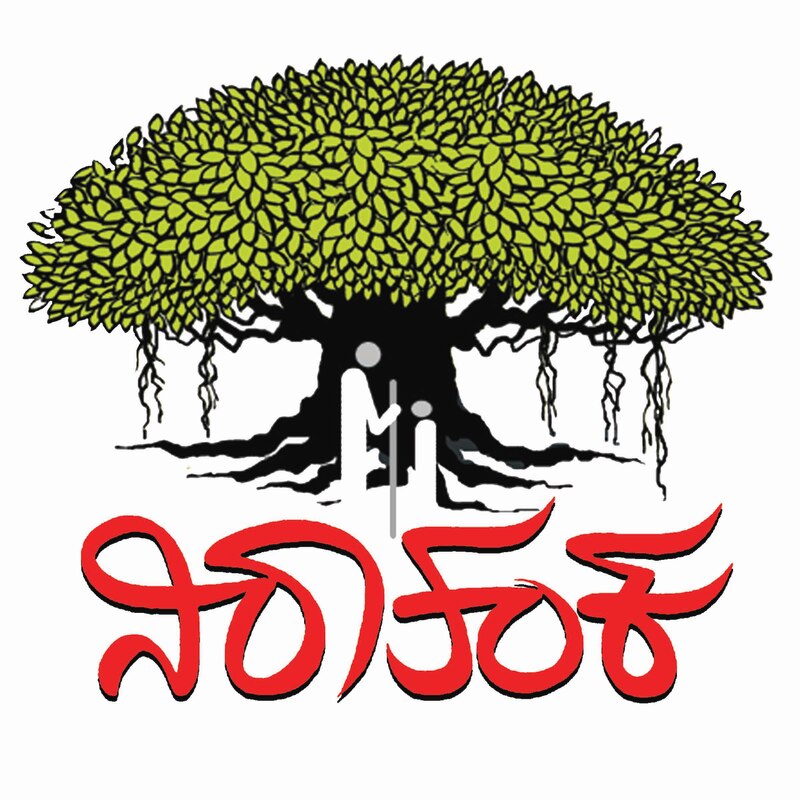




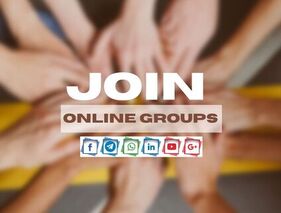
 RSS Feed
RSS Feed
